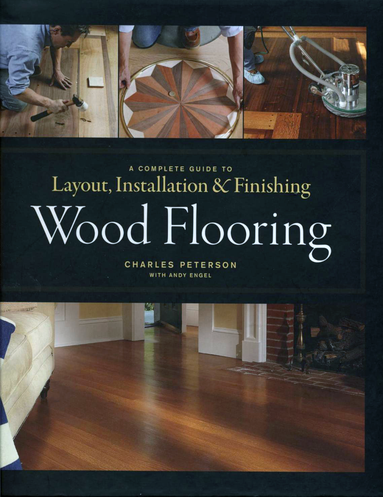How to Become a Good Flooring Store

Last month’s column, “Good Store, Bad Store!”, was a take-off of a three-part column written years ago that received a tremendous positive response with most owners seeing themselves as a bad store. The article changed many lives. Today, business for independent flooring retailers has become much tougher with the advent of Home Depot, Lowes, Lumber Liquidators and Empire Today, along with a flailing economy.
I have always advocated that the best road to professionalism was joining a proven retail group like Carpet One, Abbey or Flooring America. I leave out the manufacturers’ groups simply because I believe the retail groups have more expertise, and joining a supplier is kind of like letting the fox into the hen house.
A retail group will layout your showroom, provide consistent displays, private label your samples, give you a national identity, build a web page, negotiate better pricing, promotional funds, advertising and promotional assistance, and rebates, as well as offer beneficial complaint handling, preferential delivery, and serve as an advocate when problems arise. Sales, service and management training is also available along with other “bennies” too numerous to mention.
Every retailer would be well advised not only to talk to affiliated retailers, but to attend recruitment meetings as well. I have often told retailers that in attending one of these meetings, you might learn more than you ever knew no matter how long you or your relatives have been in business.
It’s apparent that most retailers go into business to control their own destiny and be free of ties. As a retailer for 27 years, I understand this so well. Think of the retail groups as just another tool toward success. To achieve maximum success would be to follow most of a retail group’s programs and suggestions. This does not make you dependent upon them, although some of you may believe this.
Visiting thousands of retail flooring stores throughout my career, I have found very few who do most things right. Is it possible to be successful on your own? Of course it is, but somewhere along the way you must learn leadership—the ability to get you people to buy into your vision, not do things just because they are told. Leadership involves giving your people the skills and ability to make decisions on their own.
The greatest retailer in the country states: “You can’t have customer service unless the lowest employee on the totem pole is authorized to make customer service decisions.” Are you able to leave your store weeks at a time and have the business be as productive as if you were there? This is leadership. Forbes once said that the top 500 executives under GE’s legendary leader Jack Welsh could be successful running any of the Fortune 500 top corporations.
How do you find out the 10 or 12 “proven consumer buying periods” or the times when no one is buying? Simple things like where to station salespeople on the showroom so they are able to say, “Welcome to Abbey Carpet” in their warmest tone. How important is this? A greeting like this always elicits a smile and a thank you from even the most distant customer. What a way to start a sale! Do you also know that great salespeople never talk about flooring until the customer specifically asks? All conversation prior to that is targeted toward building a connection. People buy from those they like, pure and simple. Did you know that selling is the art of being liked? I just received a magazine showing a mill tech guy saying, “Performance is paramount to the purchase!” I don’t know of one decorator who ever uses warrantees or Stainmaster to make the sale. Do your people have a basic knowledge of interior design? If they do, price and technical issues go out the window.
Can you do it yourself? Sure, I copied all the great retailers of the day when I first went into business. I also had an insatiable need to learn more, which led to a lifetime of research. I did all the work for you. I was a great observer. At markets, I sought out the buyers for the big stores and hung on the edges as they worked the market. It was amazing what I learned. Knowing the deals is half the battle of getting them. Just by being alert, I found that Allied was giving out unrestrictive funds to introduce their stain-resist fiber, I was able to negotiate $25,000 in advertising money with no 50/50 restrictions. As a small store, I had a hard time spending it all. Later I found that DuPont was offering $10,000 of unrestricted money with a small-roll purchase on their first soft yarn intro. The money was $2,000 more than the required purchase. After my retail career, I became a source for retailers to find information.
Looking for a reprint of this article?
From high-res PDFs to custom plaques, order your copy today!








